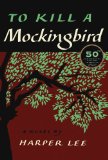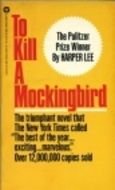This week’s Booking Through Thursday question asks: “Which fictional character (or group of characters) would you like to spend a day at the beach with? Why would he/she/they make good beach buddies?”
I’ve been thinking about it for a couple of hours, and I keep coming back to the same character: Una Spenser from Ahab’s Wife. Now, I realize this is a really unorthodox choice. After all, she probably isn’t the first person to come to mind when you think of the beach. Then there is the episode at sea after the whale destroyed the ship she was stowing away on. In fact, it might strike most readers as distinctly odd that anyone would want to hang around with Una anywhere near the ocean, but hear me out. The New York Times review of the novel includes this paragraph:
“Captain Ahab was neither my first husband nor my last,” begins Naslund’s heroine, Una Spenser, as she lies on her back on a Nantucket beach after Ahab’s death, watching the clouds go by. One of them, she thinks, looks a bit like Ahab’s face, a face that she always recalls as ”mild” if somewhat excitable. She waves goodbye. With one dreamy, casual gesture, Una thus waves aside a century’s worth of canonization and goes on to talk about what’s really on her mind: her mother. Over the course of the next 667 pages, Una unscrolls her life story, a long and winding tale in which Ahab is one player among many, and not necessarily the most important one.
Now tell me you wouldn’t like to lie on the beach next to Una and listen to her tell her story. Sena Jeter Naslund brings the nineteenth century alive in her novel. Una Spenser is someone I would want to lock arms with and stroll down the beach with in early fall before it gets too cool. She would tell me all about her adventures at sea and with the freethinking friends she’s made on Nantucket. She would tell me about creepy Nathaniel Hawthorne skulking around Concord in a black veil, and we should share a giggle over that, as well as a long-suffering sigh over his comment about the publishing world being dominated by a horde of scribbling women. We would watch the fat seagulls waddling away from the waves rolling onto the beach.
Perhaps not the vision of a beach buddy that most folks have in mind, but Una Spenser remains to me one of the characters in literature that I would most like to to know, and how better to get to know her than a walk on the beach?


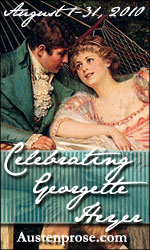
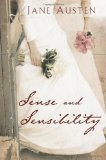



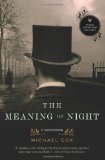



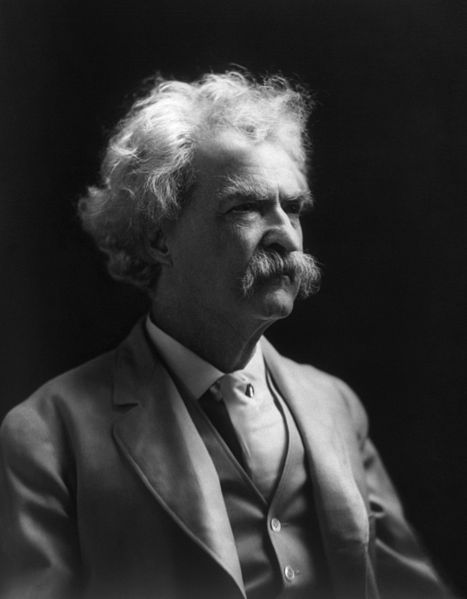
 Much speculation has surrounded Mark Twain’s autobiography because of the stipulation in his will that it not be published until 100 years after his death. Many have wondered exactly what he said that was so controversial. Readers won’t have to wait much longer.
Much speculation has surrounded Mark Twain’s autobiography because of the stipulation in his will that it not be published until 100 years after his death. Many have wondered exactly what he said that was so controversial. Readers won’t have to wait much longer. 